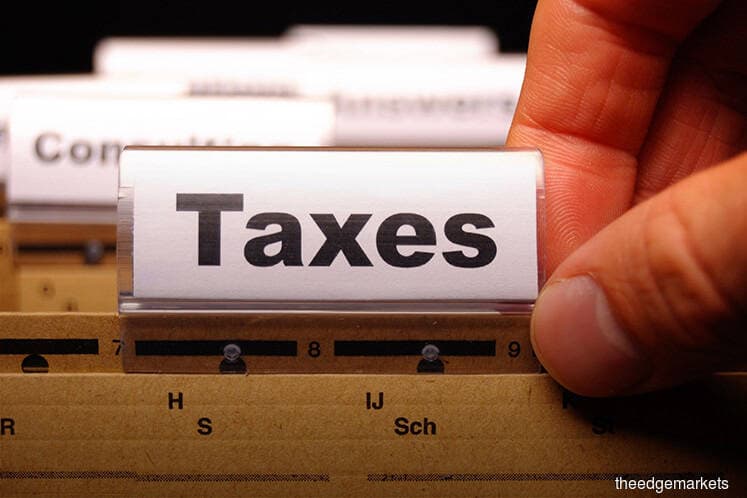
This article first appeared in The Edge Malaysia Weekly on December 31, 2018 - January 6, 2019
MALAYSIA enjoyed a three-month consumption tax holiday after the Pakatan Harapan government chose to make good its election promise by axing the Goods and Services Tax (GST) from June 1.
The honeymoon period has been long forgotten, though, if the political storm in the KFC bucket is any indication. The latter demonstrates the importance of policy measures to reduce the high cost of living for the people hardest hit by it.
For the worst affected, the fact that research shows a weaker ringgit and stronger crude oil have a much bigger impact on prices than indirect taxes such as GST or the Sales and Services Tax (SST) may have scant meaning.
For the record, an article appended to the Ministry of Finance’s Economic Outlook 2019 report shows that a 1% change in the exchange rate would impact the overall Consumer Price Index (CPI) by 0.337%. That is higher than the 0.112% impact from a 1% change in crude oil price, 0.094% impact from a 1% change in the external debt/export ratio and 0.073% impact from a 1% change in indirect tax per capita.
“In this regard, it is crucial to implement policies to strengthen the nation’s economic fundamentals, promote renewable energy, improve public transport, facilitate high value-added products and enhance the efficacy and efficiency of tax collection. In addition, the Local Currency Settlement Framework, which promotes wider use of local currencies for trade and investment, could be explored further to mitigate the impact of exchange rate volatility,” the report says.
According to Finance Minister Lim Guan Eng, SST only covers 38% of the CPI basket compared with 60% by GST. He understandably downplayed Malaysia’s need to make up for revenue lost from replacing the broader GST with a revised SST from Sept 1.
“GST revenue was not RM44 billion [in 2017]. Without the [owed tax] refunds, it is about RM35 billion to RM36 billion a year [on average]. If we take into account the other gaps in revenue [which overstated previous tax receipts], the difference is about RM11 billion plus. Of this amount, half can be made up for by cutting down on expenditure. The other half would be savings from open tenders,” Lim told The Edge in a recent interview.
In fact, the government was prepared to give up even more revenue, given the initial message of SST “returning RM23 billion to the people” versus GST.
That was before Lim said the previous administration owed RM19.4 billion in GST refunds to businesses nationwide on top of another RM16.046 billion in outstanding income tax and Real Property Gains Tax refunds that go as far back as six years.
Whether it is RM11 billion or RM23 billion, there is no denying the fact that economists, sovereign rating analysts and others closely tracking government finances are looking for new ways in which the government can broaden its revenue base to have more fiscal room to deliver on higher expectations of public services, from social housing to affordable healthcare and quality education.
A broader income base — away from Petronas’ coffers — would also give the government greater flexibility in stimulating economic growth. Here, proceeds from the sale of land and non-core assets may buy some patience but are unlikely to cut it for the longer term.
There is also a need to pay down and restructure Malaysia’s massive RM1 trillion debt, which requires more than 10% of government revenue to be serviced every year.
From where Lim stands, Malaysia can do with more money but can still function better than before, even with less revenue, because spending is measured and done smartly with more checks and balances to derive the most value. If one were to remove the RM37 billion set aside to repay owed taxes, total federal government expenditure falls to RM231.81 billion in 2019 from RM286.5 billion in 2018, if Budget 2019, unveiled on Nov 2, is not recalibrated.
There are still people who reckon that the government should have reduced the GST rate from 6% instead of removing it altogether. That train, however, has left the station.
Prime Minister Tun Dr Mahathir Mohamad, who has a gargantuan task of restoring the people’s trust in government, has declared that the country does not need GST. The clock is ticking for his administration to prove its critics wrong and put Malaysia back on the right path.
Save by subscribing to us for your print and/or digital copy.
P/S: The Edge is also available on Apple's AppStore and Androids' Google Play.